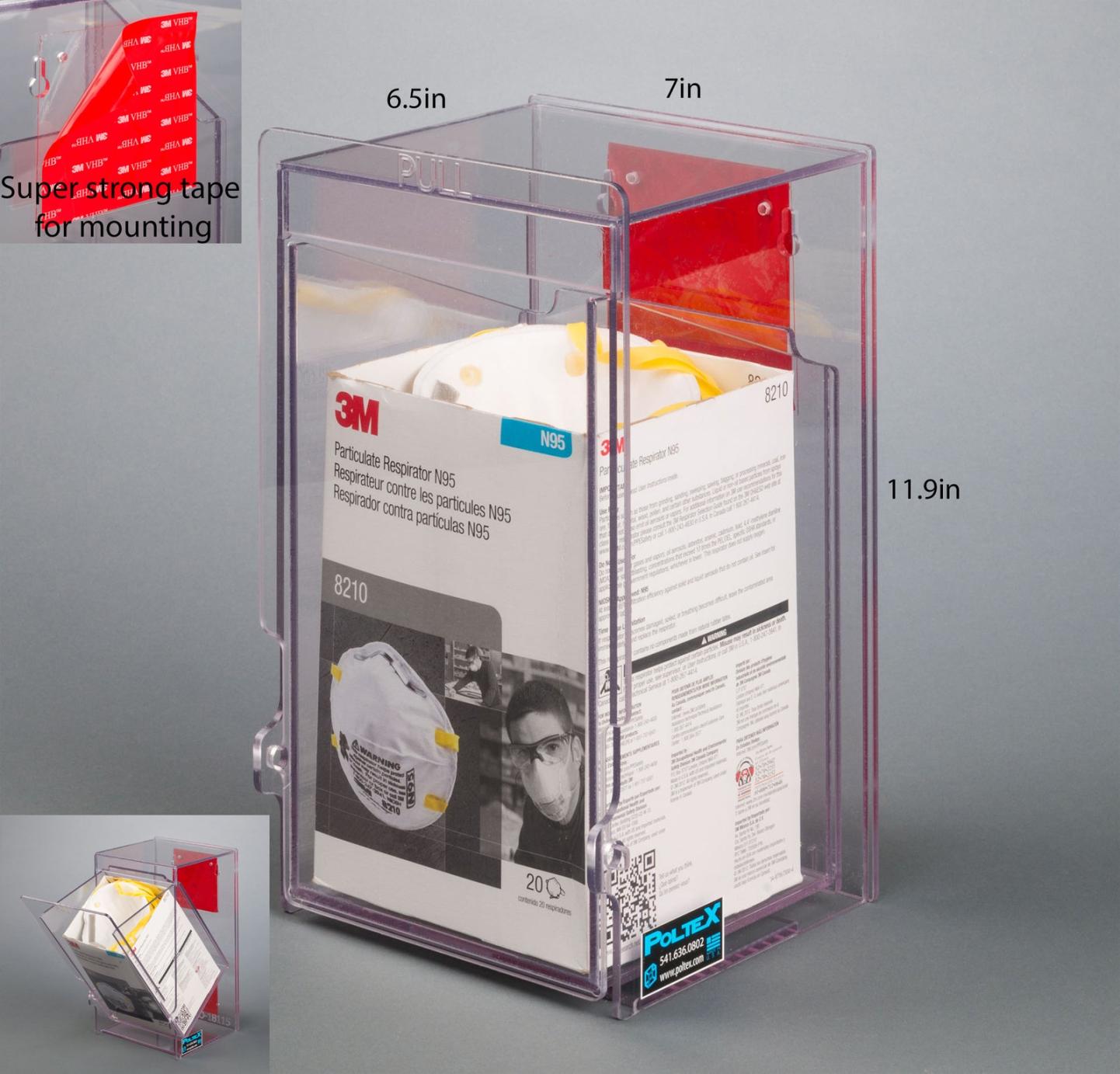What are the Different Types of Face Masks and Their Respective Storage Requirements?
In the wake of the global health crisis, face masks have become an indispensable part of our daily lives. These protective barriers play a pivotal role in safeguarding us from airborne pathogens, pollutants, and other harmful substances. However, to ensure their effectiveness and longevity, proper storage of face masks is paramount. This article delves into the various types of face masks and their specific storage requirements, emphasizing the importance of maintaining mask integrity for optimal protection.

Types Of Face Masks:
1. Surgical Masks:
Surgical masks are disposable face masks commonly used in medical settings. They are designed to protect the wearer from respiratory droplets and large particles, making them suitable for general public use.
- Storage Requirements:
- Store in a clean, dry place at room temperature.
- Avoid exposure to moisture and direct sunlight.
- Replace every 2-3 hours or when visibly soiled.
2. N95 Respirators:
N95 respirators are high-filtration masks that block 95% of airborne particles, including very small particles such as viruses and bacteria. They are commonly used by healthcare professionals and individuals in high-risk environments.
- Storage Requirements:
- Store in a cool, dry place away from direct sunlight.
- Ensure the seal remains intact during storage.
- Replace every 8 hours or when visibly soiled.
3. Cloth Masks:

Cloth masks are reusable masks made from fabric materials. They provide a barrier against respiratory droplets and large particles, but their filtration efficiency may vary depending on the type of fabric and construction.
- Storage Requirements:
- Wash after every use with hot water and detergent.
- Dry thoroughly before storing.
- Store in a clean, dry place at room temperature.
Additional Storage Considerations:
Beyond the specific requirements for each type of face mask, there are general storage considerations to ensure optimal mask effectiveness and longevity:
- Maintain a Designated Storage Area:
- Dedicate a specific area for storing face masks to prevent contamination and ensure easy access.
- Label Storage Containers Clearly:
- Clearly label storage containers with the type of mask and its expiration date to avoid confusion and ensure proper usage.
- Rotate Stock Regularly:
- Regularly rotate your stock of face masks to prevent expiration and ensure you always have a supply of fresh masks.
- Inspect Masks Before Use:
- Inspect masks for damage or contamination before each use. Discard any masks that show signs of wear, tears, or visible contamination.

Proper storage of face masks is essential to maintain their effectiveness and ensure their longevity. By adhering to the specific storage requirements for each type of mask and following general storage guidelines, we can ensure that our face masks provide optimal protection against airborne hazards. Remember, a well-stored mask is a protective mask, safeguarding our health and well-being in these challenging times.
YesNo

Leave a Reply